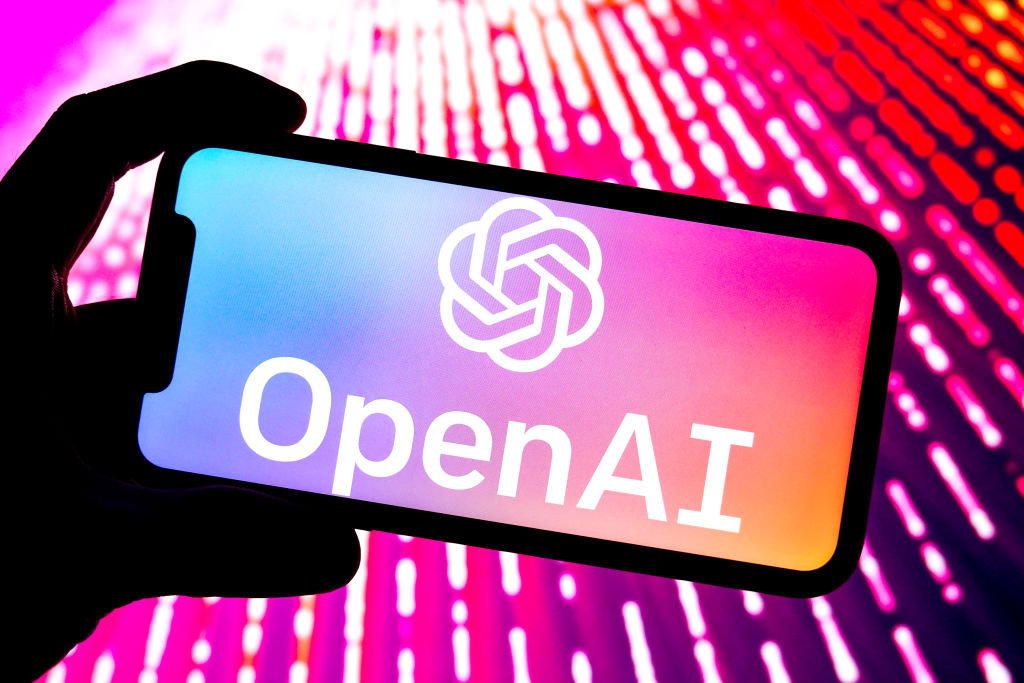What you need to know
- A new report suggests OpenAI, Google, and Anthropic have encountered critical issues that are hindering the development of advanced AI models.
- The issues include lacking high-quality training data and sufficient resources to develop and maintain advanced AI models.
- OpenAI is slated to ship its Orion AI model early next year. It’s currently in the post-training phase, but the ChatGPT maker will make “very good releases later this year,”
Generative AI is quickly transitioning beyond text and image generation capabilities. Google, Anthropic, Microsoft, and OpenAI are on top of the AI food chain, but as it now seems, these companies are struggling to build more advanced AI models (via Bloomberg).
For instance, OpenAI was on the verge of making a significant milestone with its next-gen AI model, Orion, but failed to outperform its predecessors in critical areas. According to two people with close affiliations with the ChatGPT maker, the AI model failed to meet expectations when answering coding questions on which it hadn’t been trained. Based on this premise, Orion isn’t groundbreaking compared to OpenAI’s GPT-4 or GPT-3.5 models.
The same issue is consistent across other big tech companies chasing the AI hype, including Google and Anthropic. For instance, Google’s enhanced version of its Gemini AI chatbot isn’t meeting the company’s expectations. The same reason can be attributed to Anthropic’s delayed release of its long-anticipated Claude 3.5 Opus.
AI dreams and reality are a mismatch
As you may know, generative AI heavily relies on data from the internet for training. While AI tools like Microsoft and ChatGPT are great at generating quick responses to queries, they are seemingly capped and unable to find new and untapped sources of high-quality content that can be leveraged to develop advanced AI systems.
Publishers and authors have raised concerns about AI systems scrapping their content without consent or compensation for training. Microsoft and OpenAI are fighting multiple copyright infringement lawsuits in court. OpenAI CEO Sam Altman admitted developing ChatGPT-like tools without copyrighted content is virtually impossible. The executive indicated copyright law doesn’t categorically prohibit using copyright content to train AI models.
OpenAI recently beat Raw Story and AlterNet in a copyright infringement lawsuit. The New York federal judge indicated that the publishers failed to establish cognizable injury:
“Let us be clear about what is really at stake here. The alleged injury for which Plaintiffs truly seek redress is not the exclusion of CMI but the use of Plaintiffs’ articles to develop ChatGPT without compensation.
Whether there is another statute or legal theory that does elevate this type of harm remains to be seen. But that question is not before the court today.”The lack of adequate high-quality data isn’t the only flaw limiting the development of advanced AI models. The high cost of building and maintaining the new models is also a significant deterrent.
Over the past few months, OpenAI was reportedly on the verge of bankruptcy, with projections of making $5 billion in losses. However, the ChatGPT maker emancipated itself through another round of funding, raising $6.6 billion from Microsoft, NVIDIA, and other key investors. While the funding round pushed its market valuation to $157 billion, market analysts predict the ChatGPT maker isn’t over the hump yet and could be looking at a $44 billion loss before seeing a profit in 2029, partly due to its multi-billion dollar partnership with Microsoft.
Following its extended lifeline through its latest round of funding, the ChatGPT maker is expected to become a for-profit venture within the next two years or refund the money raised by investors. It could lead to outsider interference and hostile takeovers, including the possibility of Microsoft acquiring OpenAI within the next 3 years. For context, the latest round of funding marked the eighth time OpenAI turned to its investors for support to facilitate its advanced AI projects.
The move is already facing major setbacks, including a lawsuit filed by Billionaire and former OpenAI co-founder Elon Musk. The lawsuit cites a stark betrayal of the firm’s founding mission and an alleged involvement in racketeering activities. Experts predict the move will also face backlash from employees, regulators, and the government.
To this end, it’s unclear when OpenAI will ship its Orion model. However, it’s reportedly in the post-training phase, which indicates the company is close to shipping it to broad availability. Despite OpenAI’s relentless efforts, the AI model falls short of expectations, prompting the AI firm to postpone the model’s release until early next year.
As you may know, OpenAI is potentially moving away from the traditional naming of its models. Therefore, the ChatGPT maker could ship the model under a different moniker. Sam Altman indicated GPT-4’s successor would be “smarter” and function like a “virtual brain.” The CEO also confirmed that the company is set to make some great releases later this year, but “nothing that we are going to call GPT-5, though.”
In the grand scheme of things, these companies are chasing the AGI benchmark, and based on OpenAI CEO Sam Altman’s estimation, it’s no easy feat. For context, it would take “$7 trillion and many years to build 36 semiconductor plants and additional data centers.” This announcement made people consider the dream absurd while branding Altman as a “podcasting bro.” Interestingly, the executive claims AGI is achievable with current hardware.




